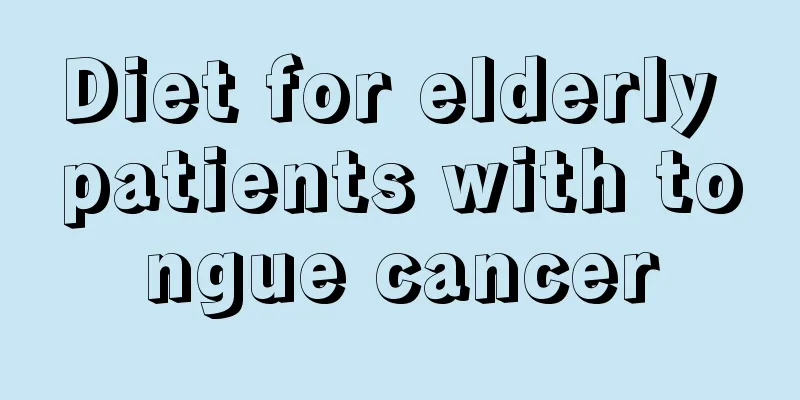Five early symptoms of esophageal cancer

|
Esophageal cancer is a common malignant tumor of the digestive system. Its early symptoms are usually not obvious, but timely detection and treatment are crucial to improving the cure rate. The five major early symptoms of esophageal cancer generally include difficulty swallowing, pain behind the sternum, loss of appetite and weight loss, hoarseness, and persistent cough. If the symptoms persist, it is recommended to seek medical attention in time and take targeted treatment measures under the guidance of a doctor. The details are as follows: 1. Dysphagia: Dysphagia is one of the most common early symptoms of esophageal cancer. Patients will feel difficulty swallowing solid food. As the disease progresses, they may gradually have difficulty swallowing liquids. It is recommended to seek medical attention in time when dysphagia occurs for early diagnosis and treatment. 2. Pain behind the sternum: Pain or discomfort behind the sternum is also one of the early signs of esophageal cancer. Patients may feel burning, tingling or dull pain in the chest, especially when eating or drinking. If pain behind the sternum occurs, you should see a doctor as soon as possible. 3. Loss of appetite and weight loss: Patients with esophageal cancer often experience loss of appetite and significant weight loss, which is mainly due to dysphagia and the impact of the tumor on the digestive system. If unexplained weight loss occurs, you should be alert to the possibility of esophageal cancer and seek medical attention in time. 4. Hoarseness: Hoarseness may be caused by esophageal cancer compressing or invading the recurrent laryngeal nerve. Patients may experience symptoms such as hoarseness and difficulty speaking. For patients with hoarseness without obvious reasons, the possibility of esophageal cancer should be considered. 5. Persistent cough: Persistent cough is also one of the early symptoms of esophageal cancer. Patients may have a dry cough or a cough with a small amount of sputum, especially after eating. If a persistent cough occurs, you should see a doctor as soon as possible. Early detection and treatment are crucial to improving the cure rate of esophageal cancer. Patients are advised to seek medical attention in a timely manner when relevant symptoms occur, and undergo appropriate examinations and treatments according to the doctor's advice. |
<<: Five early symptoms of esophageal cancer
>>: How many days after breast cancer surgery will I be discharged from the hospital
Recommend
Is skin cancer a serious disease?
Skin cancer is a serious disease, and early detec...
Benefits of jogging for a month
Jogging is a very good aerobic fitness exercise. ...
When is the best time to reject the transplant?
People often talk about bone marrow transplantati...
What is human rhinovirus?
Viruses are everywhere in our lives and are an im...
How to slim down your arms in winter, the fastest way to slim down your arms
The reason for fat arms is mainly due to the incr...
Experts explain the key points of bladder cancer care that need attention
During the treatment of bladder cancer, nursing c...
What is the main effect of morphine and where is it used
Morphine, as a commonly used drug, has a very goo...
What is the best food to supplement selenium for thyroid cancer
Thyroid cancer patients can supplement selenium b...
Is it effective to drink glucose while running?
Running is a popular exercise method in modern li...
What does the saliva method for testing Helicobacter pylori mean
What is Helicobacter pylori? I believe that apart...
What are the early symptoms of bladder cancer
Bladder cancer is a malignant tumor that occurs o...
Early symptoms of throat cancer in women
Early symptoms of throat cancer in women mainly i...
How to relieve itchy scars from wounds
Many people must have heard of an advertising slo...
What to do if my cheekbones are high and my face is thin
Everyone knows that there is one key point to mak...
What is the reason for no hair on legs
During puberty, the second characteristic of boys...









